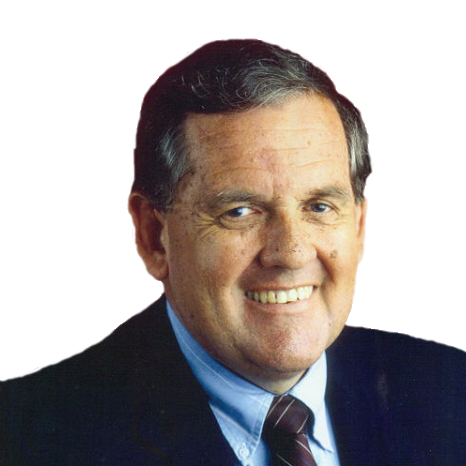
Hubert Mizell
Interviewed by Jordan Rosenberg in 2015
Well, it’s probably different than anybody you ever heard. My father was a truck driver and drove 18-wheelers. He and my mother did not follow sports at all. As a kid, I played baseball, especially in the summertime. I also played basketball and football growing up in Jacksonville, Fla.
When I was 14-years old, I don’t remember exactly how I got the job, but it was at the minor league baseball park in Jacksonville. This was class A, which was in the middle of the pack of the minor leagues.
I was 14 years old, so I was an usher, and, a scoreboard operator in one of those “in-the-fence scoreboards” like they have Wrigley Field or Fenway Park. I certainly had nothing in mind for long range, but I worked there for a couple of years and I got to know the general manager, who wound up making it as a general manager in the major leagues.
A guy named Spec Richardson, he became the general manager of the Houston Astros. He loved me, because I would do anything he asked. If he had to have a toilet cleaned, I would clean the toilet. I just felt very lucky to be working there.
In the process, I got to know some of the sportswriters at the local newspapers in Jacksonville.
When I was about 16, I heard there was an older guy that was working part time, and he got mad and quit the job. So, I asked them, “do you think I can have a shot at that job?” The sports editor, a guy named Bill Kastelz, told me to come down and talk with their managing editor.
Even at that age, I said “I’m 16 and he wants me to talk with the managing editor?” I was hired for the princely sum of $1 an hour, but the good news was they told me I could work all the hours I wanted.
Now keep in mind that this is 1953, there’s no internet, there’s no ESPN, there’s none of the modern communications. My little buddies that I played ball with, the only way they could find out scores of a baseball game was to wait for the next morning’s paper. So, they would call me up and ask “hey, do you have the score of Yankees game?”
All of a sudden, I was important. I worked more than a year without taking a day off, and that was by my own choice. I would turn in the number hours I worked at the end of a month, and my total work hours added up to 280 hours.
I worked seven days a week and as long as they wanted me to work. I had no clue about getting into any kind of media and journalism. They began to let me do little things. I would take Sunday afternoons, where I would cover the Women’s Golf Association, or the local skeet and trap shooting club. Then, I would write a one or two paragraph thing to go in the paper—and then someone would probably rewrite it, I’m sure. I decided, and said “hey, this is what I want to do.” I didn’t want to be a policeman, fireman, drive a truck, be a schoolteacher, or anything like that.
As soon as I got out of high school, they hired me full time for not very much money, but they paid me this year round and allowed me to go to school.
I went to Jacksonville University first, and then the University of Florida, where I met the infamous George Solomon. I was a campus correspondent for the Florida Times-Union. That’s what got me started. I didn’t get a degree and I didn’t graduate, but the people that I worked for liked my attitude. I wanted to learn all I could. It kind of went from there.
I worked for my hometown paper a long time—too long really. I was there until I was 29 years old. By the end, I was the assistant sports editor of the Times-Union.
The PGA Tour would play in Florida during March, and the Associated Press’s top sportswriter worldwide was a guy named Will Grimsley. AP didn’t have a full time golf writer at the time, so he would come down to Florida and cover tournaments in Miami, Orlando, and Jacksonville.
Then, he would follow the PGA Tour on through the Masters at Augusta. I got to where I was writing a lot of golf, and I learned bit by bit, but I don’t think I blossomed as a journalist until, through Will Grimsley, I got hired as the Florida sports editor for the Associated Press based in Miami.
About a year after I was hired, the Miami Dolphins hired Don Shula. So, the interest in the Dolphins picked up big time. During this time, there were thousands of papers in the United States, both morning and afternoon. Your success was measured by what kind of play your stories got in papers around the country.
With Shula’s Dolphins, who were good from the get-go, so all of a sudden, people in the New York office, where the main AP sports operation was headquartered, began to notice what I was doing. So, I wound up working three years in Miami, and then things really took off.
I was transferred to New York and I was immediately sent to the 1972 Munich Olympics, which of course was one of the most newsworthy of all time with the birth of modern terrorism.
It also had a lot of different sports happenings. My first assignment was swimming and Mark Spitz was the best swimmer in the world. I covered swimming for nine days, and he won seven gold medals and set seven world records.
Then I went onto other sports. I was actually writing the lede on that infamous game where the Soviet Union stole a basketball game from the United States, which was the first time they had lost a game in the Olympics. Things started to build from there, but I only worked in New York for six months before realizing that I did not want to make AP into a career.
I learned so much throughout my four years with AP, as far as the principles of journalism, being a good reporter, and being accurate. If you made a mistake in Jacksonville, nobody would probably notice. All those places got the AP service, so if you made a mistake, you got conked in the head real quickly.
The job of my life turned out to be with the St. Petersburg Times, which was and still is the biggest newspaper in Florida. It surpassed the Miami Herald probably 30 years ago, and it is now known as the Tampa Bay Times.
They sent me to big-time events and they had a great editor—a guy by the name of Eugene Patterson. He won the Pulitzer Prize for the civil rights coverage in Atlanta in the ’60s. He was just an extraordinary newspaper man, and he was close friends with everyone running the civil rights operation there in Atlanta—Martin Luther King, starting with him.
Gene gave me the tools to do as good of a job as I could do. He liked the way I wrote, and when he hired me, he told me “we’re going to send you to the great sports events anywhere, and on top of that, we want you to cover the big college teams in the area.” This included Florida and Florida State. Also, I covered the Tampa Bay Buccaneers as soon as they came into being.
I went to 10 Olympics, 32-straight Super Bowls, 30 NCAA Final Fours, 40-straight Masters golf tournaments, and Wimbledon nine times—so you get the picture. They were sending me to the best stuff. It’s like when you become a starting pitcher for a great team in the major leagues, the next thing you got to do is prove you were worth it, and you got to win. There was a little pressure, but it was good pressure.
I don’t think there was ever a bigger news story attached to sports then the Munich Olympics. The terrorism that was born in 1972—it still grips us today. It has become one of the stories of the century.
When I was working with AP, I was in a better position to get a lot of good experience covering the real stories. The two biggest news outlets covering the games were ABC Television and the Associated Press, which was a worldwide news organization. That was an extraordinary experience.
I would say the second biggest event I covered was when I was in the arena for the “Miracle on Ice” in Lake Placid. You have to explain to younger people why it was so big, because the Soviet Union had the greatest hockey team in the world hands down. They played the NHL All Stars and beat them nine out of ten times. The U.S. was composed of unknown college kids. I still think it’s the greatest upset in the history of sports.
The third biggest event I covered was a completely different kind of story, which was the earthquake at the 1989 World Series in San Francisco. So, I’d say that’s a pretty good 1-2-3.
I came along at a time where I bridged the gap between the people who were the big talents, starting in the 50s and going through the 60s and 70s.
I got to know Jim Murray, who I though was one of the great sportswriters of all time at the Los Angeles Times. I knew Red Smith from the New York Times, Dave Anderson from the New York Times, and Shirley Povich [from the Washington Post]—you know who Shirley Povich is.
Then, I had my own generation. I thought one of the great sportswriters I’ve ever known was Dave Kindred, who I first knew when he was in Louisville at the Courier-Journal, and then he went to the Washington Post.
Frank Deford was one of the best sportswriters I had ever seen with Sports Illustrated. Mike Lupica from the New York Daily News, also was an outstanding sportswriter. Another guy I would want to mention, he was the king of Texas sportswriters, his name was Blackie Sherrod. Truly a legend in Texas sportswriting.
You find that there were people who stayed at newspapers for many, many years and became icons in their own area. Chicago had those guys. Then Detroit had Mitch Albom. Boston had great sportswriters. I got to know all these people. They started noticing that this guy from St. Petersburg kept showing up, and even though he wasn’t with a big newspaper, he was with a great newspaper.
I got to know people who were the best in the business, and I got to know a lot of people in television. Bob Costas is a very good friend of mine. When I retired at the St. Petersburg Times, he came down on his own nickels to be the master of ceremonies at a dinner they had for me. That was a wonderful thing.
I also knew Jim McKay, who was the anchor for ABC at the Munich Olympics, and he did a lot of golf, horse racing, and he was an ex-newspaper guy. I got to know a lot of big timers, and I thought that was quite amazing for a guy from St. Petersburg.
I went to everything that I wanted to go to. Of course, you have to produce, just like that baseball pitcher analogy. You got to go out on that mound and win. You have to write on very tough deadlines.
I remember, the thing that really saved me as far as deadline writing was when we finally got into the computer age and started writing on a laptop. I started out with typewriters. But, with a laptop, I would go to a Final Four and cover the championship game, but by the end of the game I would have only 10 minutes to get my column in.
Obviously you can’t write 800 words in 10 minutes, unless you’re a speed typist. So, I would be writing two columns at once—column A was Georgetown winning and column B was Indiana winning.
It really was a savior as far as being able to cope with the time, because by the time the game got into the last minute, I was usually about 90 percent through with my column and only had to put a lede on it. There were a lot of people who had a lot of trouble dealing with deadline pressure. I’ve known very good writers that just didn’t get into that end of the business.
I don’t think the people running newspapers really know what the business is going to be like five years from now, much less 10. Is the newspaper going to continue to be delivered to the home? Probably not, as far as throwing a paper on your driveway. It’s probably going to come electronically. It’s hard to give advice when you do not know where the business is going. I would just develop basic skills and become the best writer you can become, along with the fastest.
No matter if you are in television, radio, or whatever else, you are going to have to write on deadlines.
Just prepare yourself with all the basic skills, just like a football player that learns to block, tackle, and take snaps. Then, you wind up doing whatever you are assigned to do, because it’s not like it was when I got into the game. You knew what you had to do.
The best thing I can say is make yourself as basically talented, accurate, and strong as you can. Then, whatever comes your way, you will be better fitted to do it.
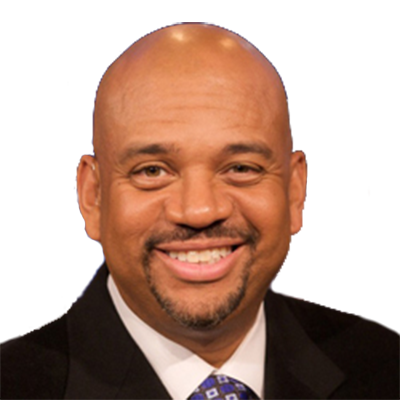 Michael Wilbon
Michael Wilbon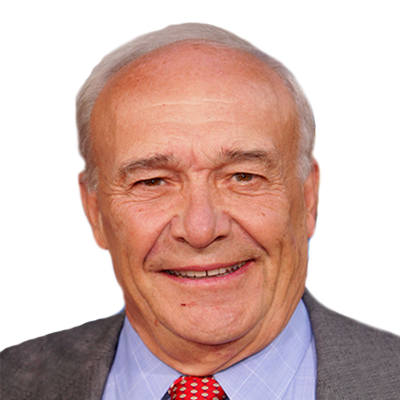 Bill Nack
Bill Nack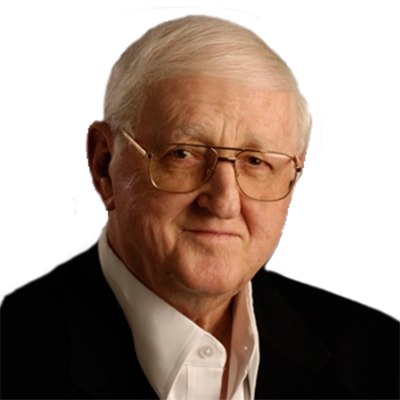 Dan Jenkins
Dan Jenkins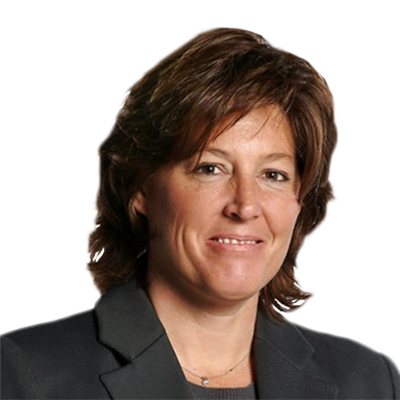 Sally Jenkins
Sally Jenkins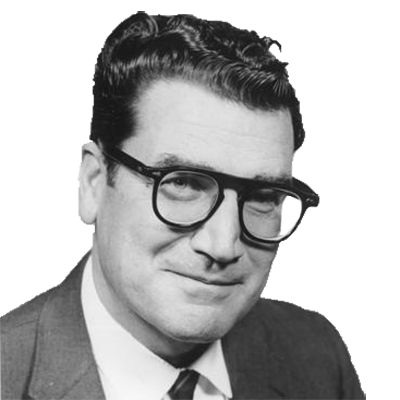 Jim Murray
Jim Murray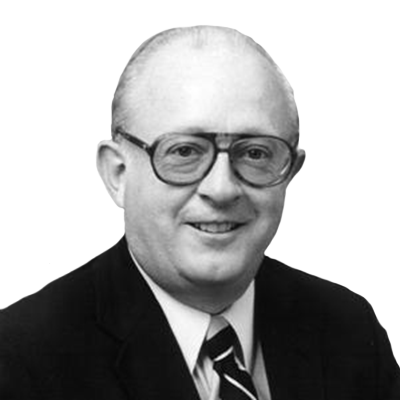 Dave Anderson
Dave Anderson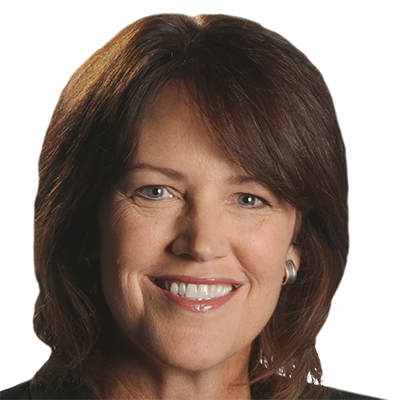 Christine Brennan
Christine Brennan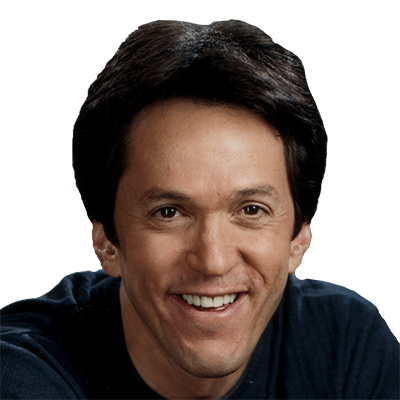 Mitch Albom
Mitch Albom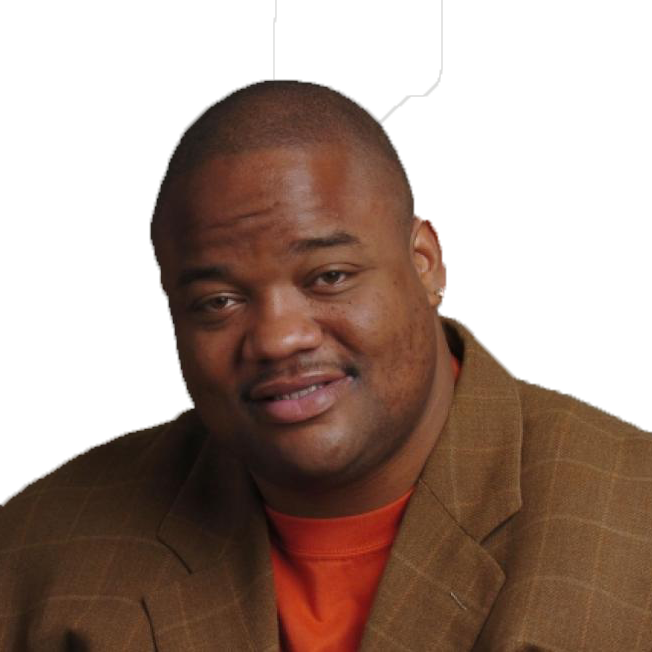 Jason Whitlock
Jason Whitlock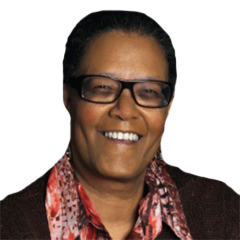 Claire Smith
Claire Smith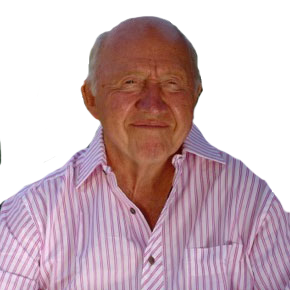 Bud Collins
Bud Collins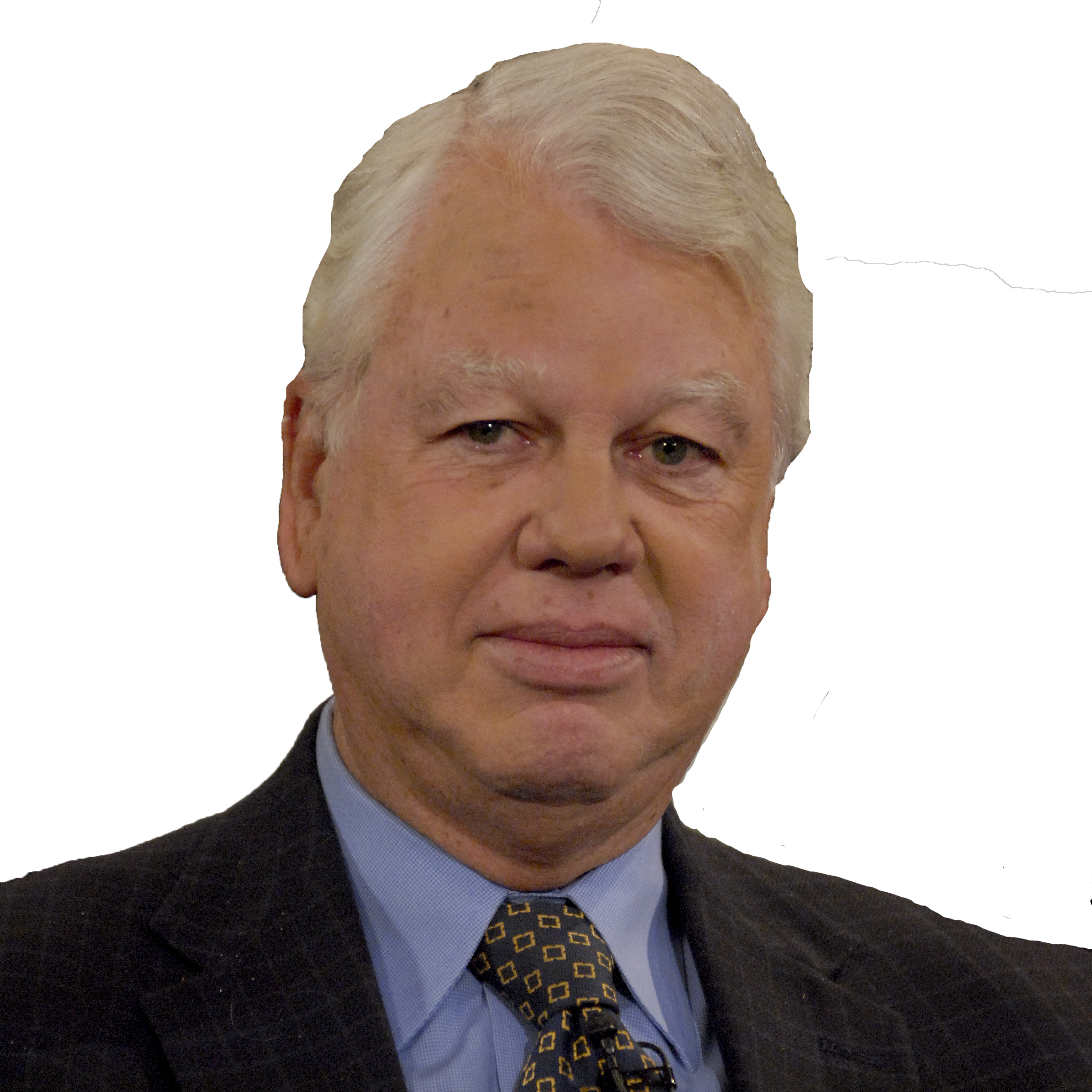 Bob Ryan
Bob Ryan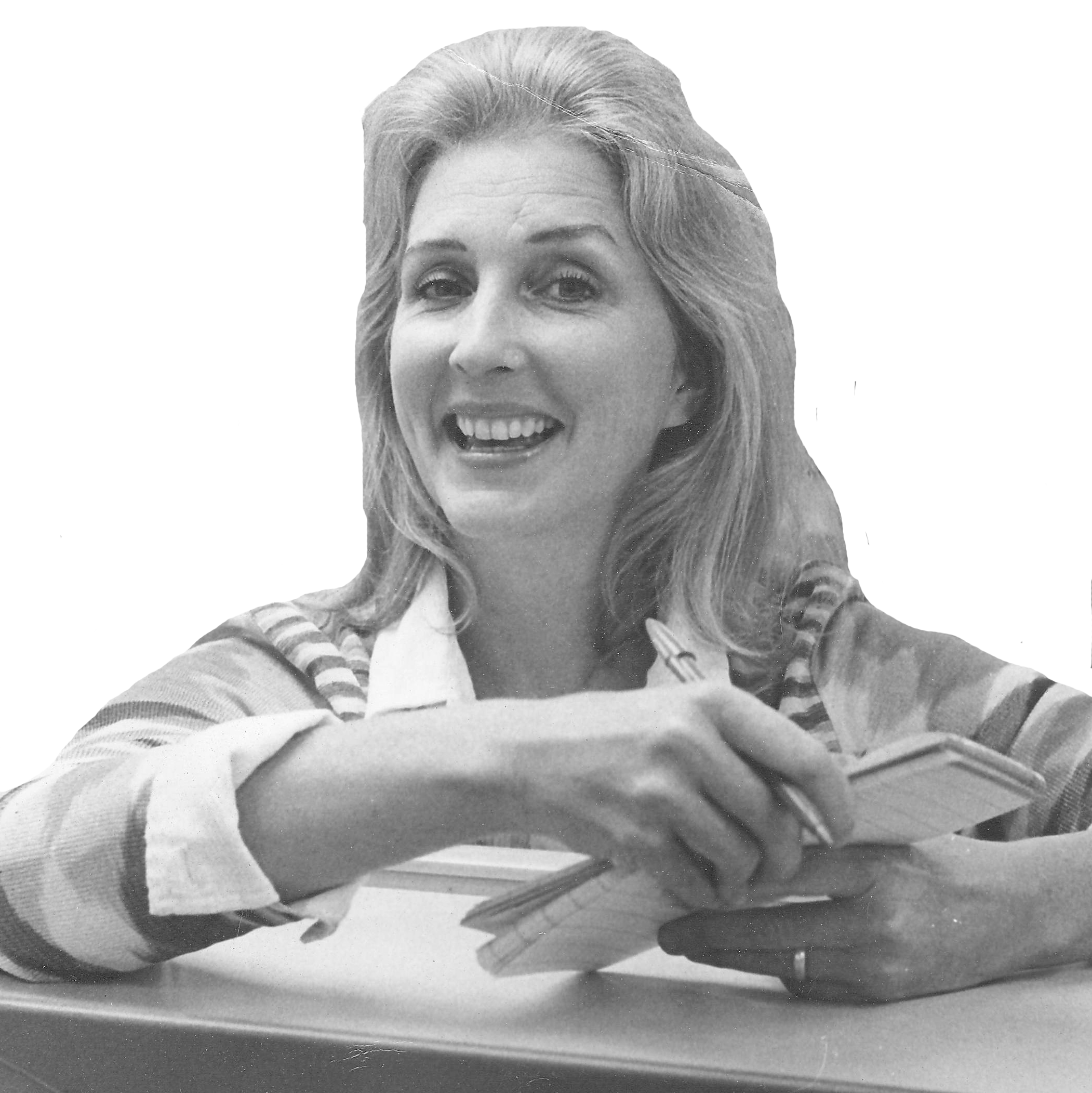 Joan Ryan
Joan Ryan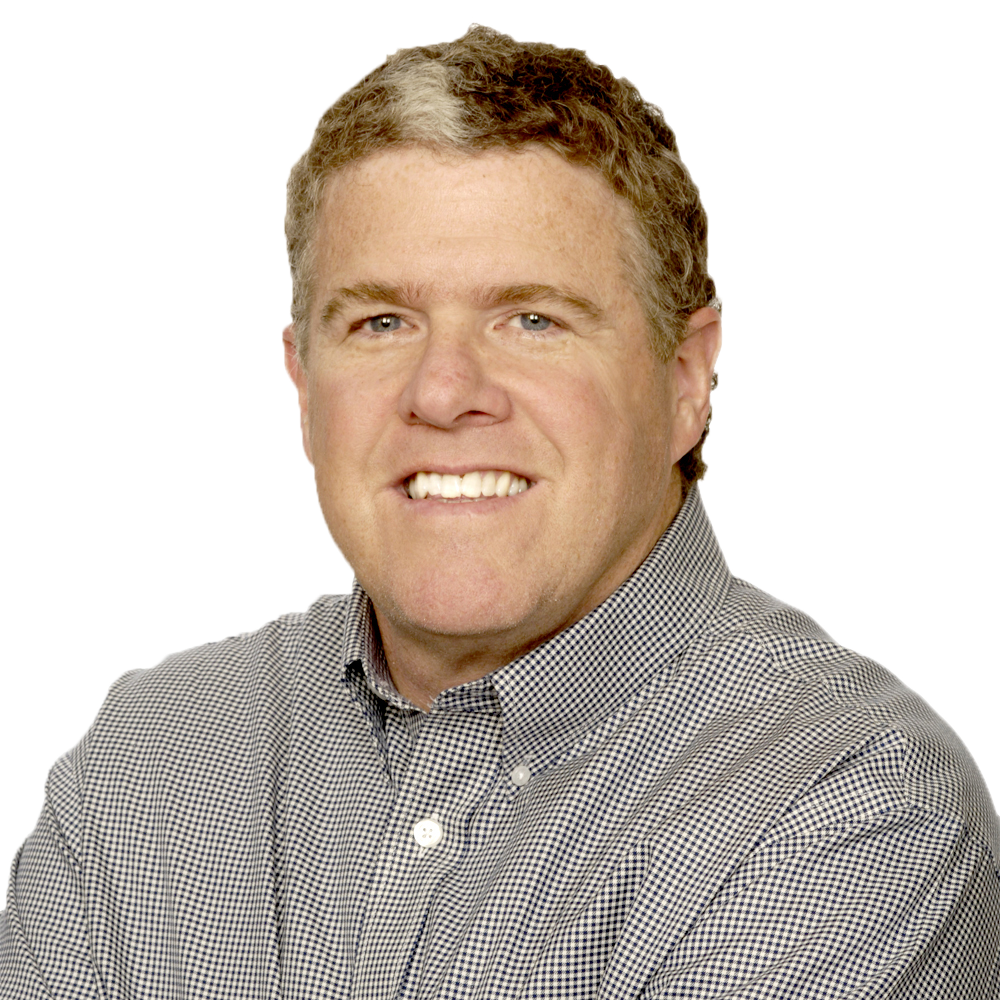 Peter King
Peter King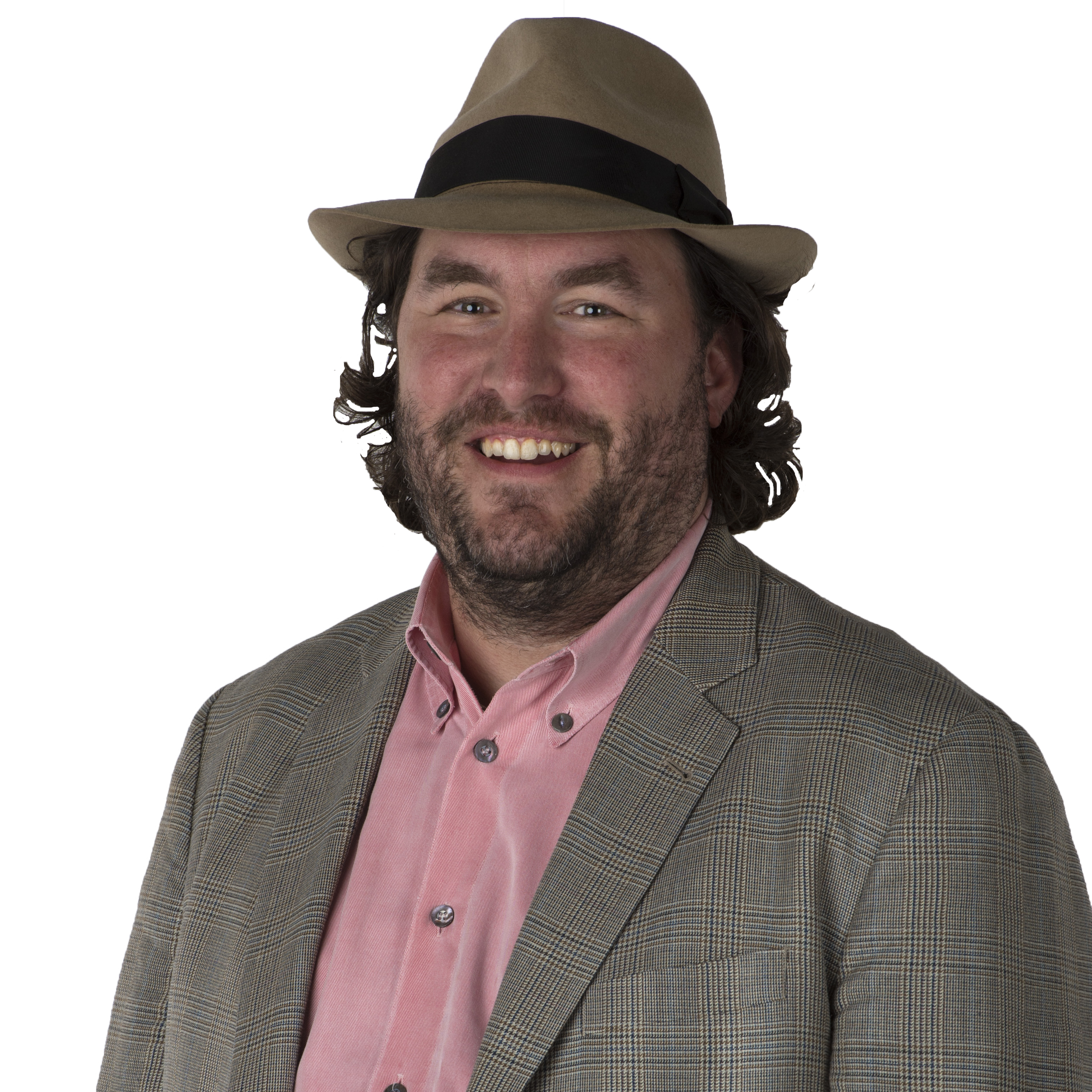 Wright Thompson
Wright Thompson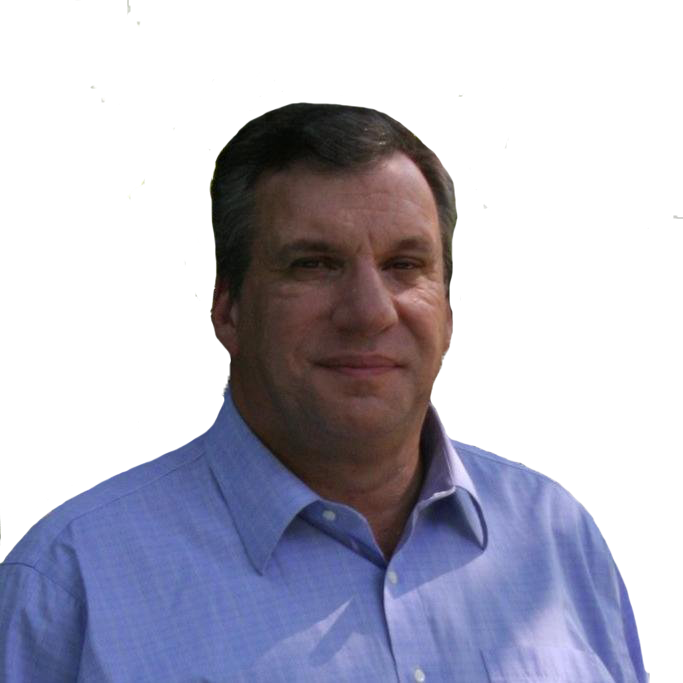 John Feinstein
John Feinstein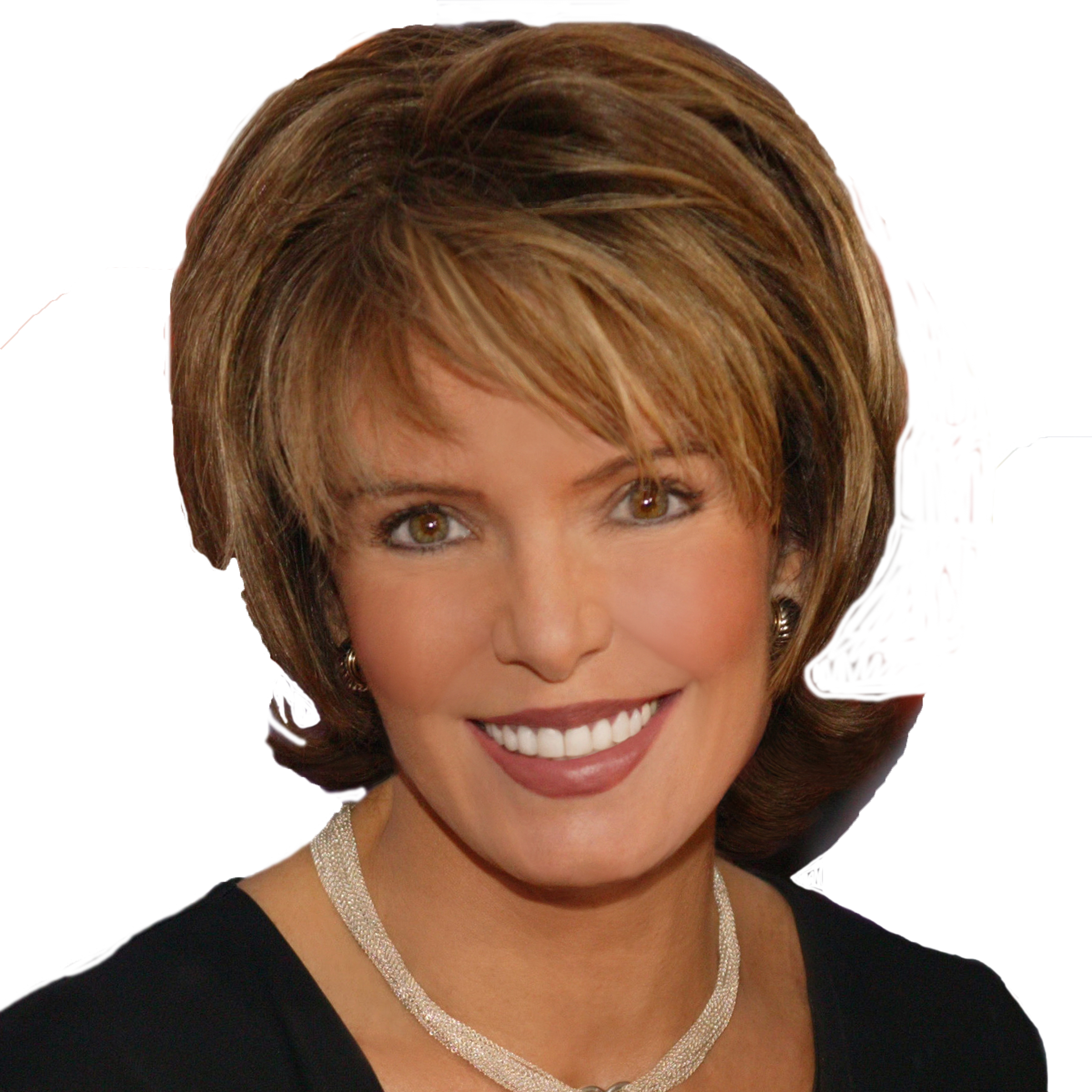 Lesley Visser
Lesley Visser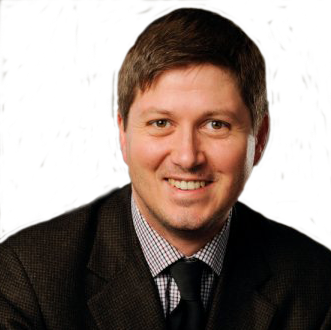 Will Leitch
Will Leitch Tim Kurkjian
Tim Kurkjian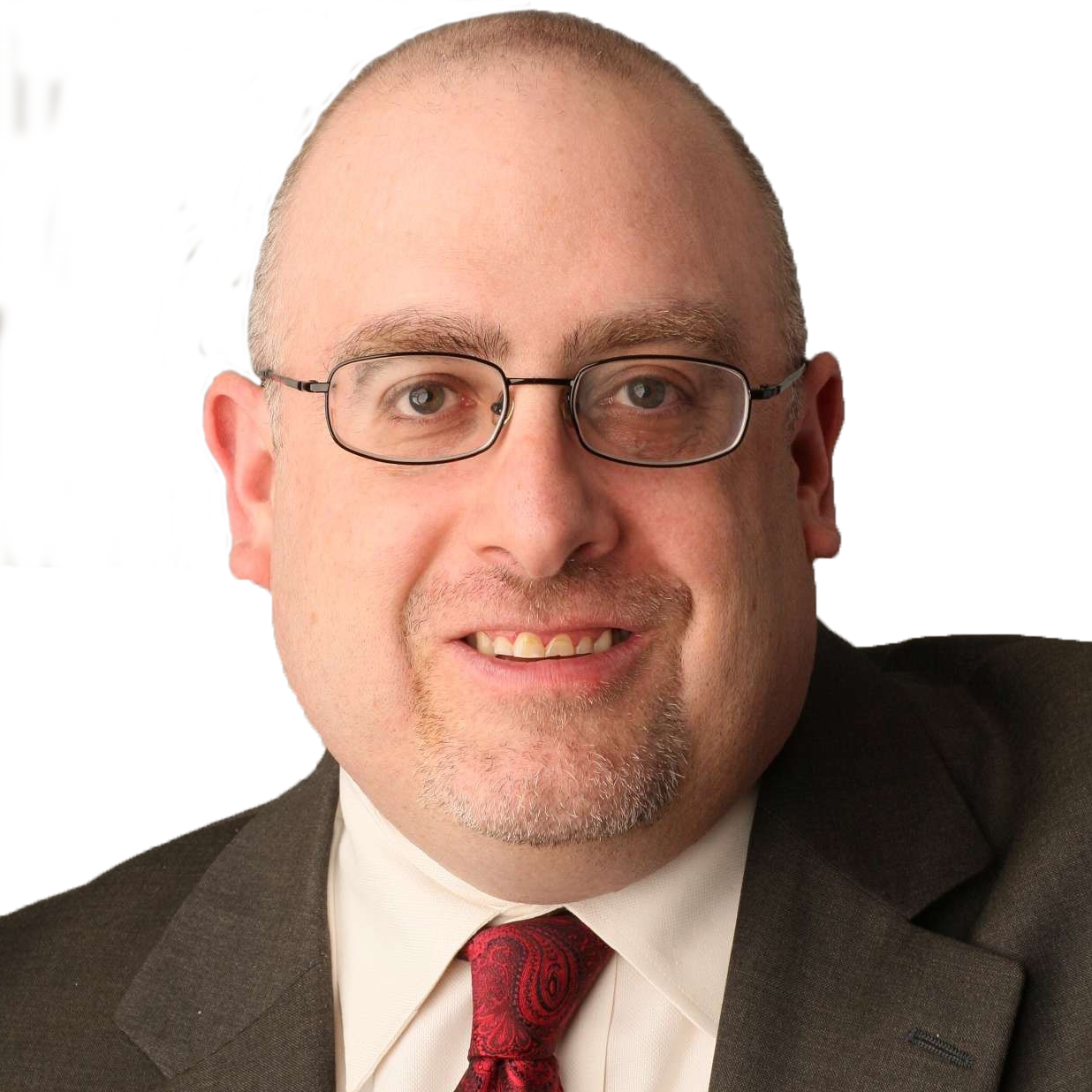 Joe Posnanski
Joe Posnanski
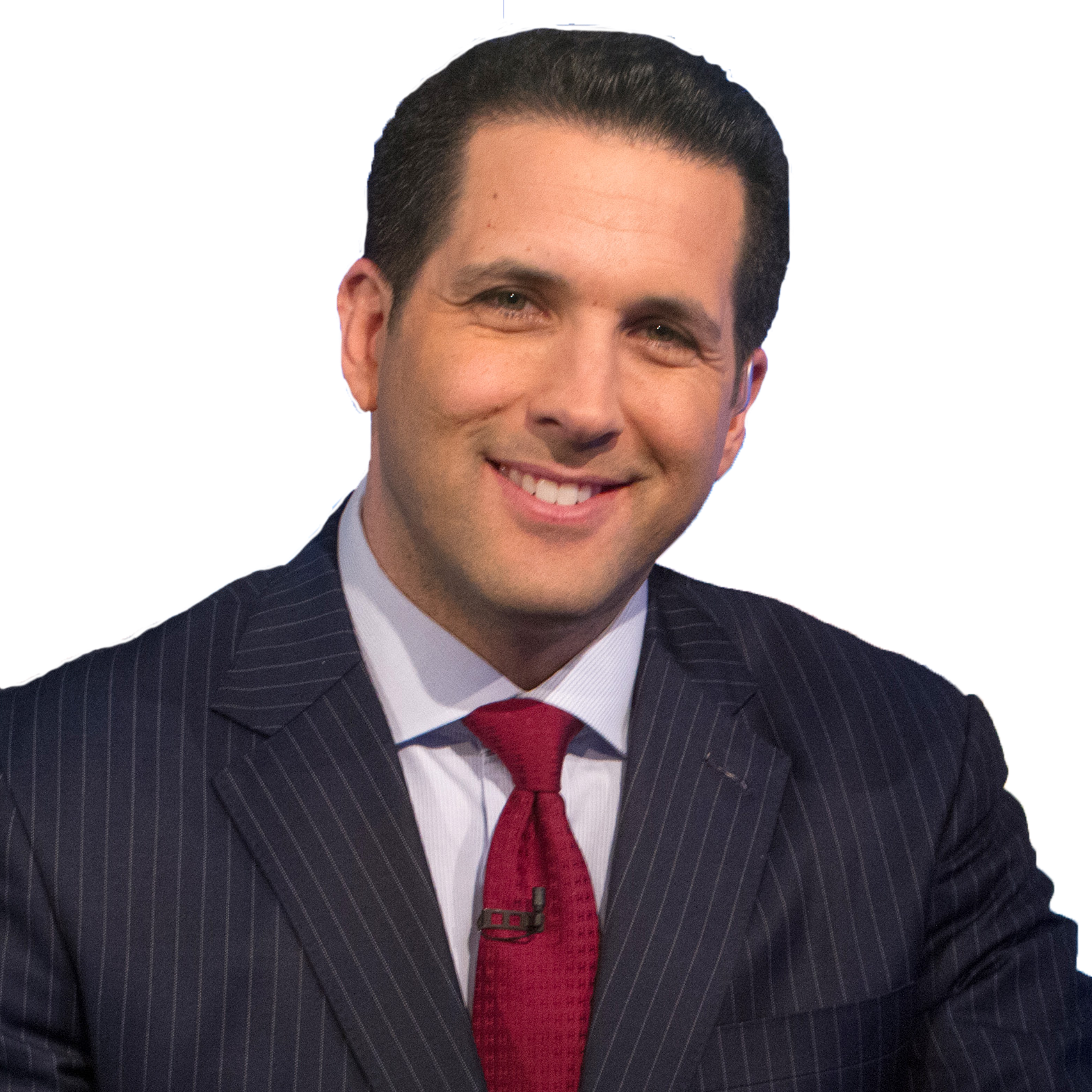 Adam Schefter
Adam Schefter
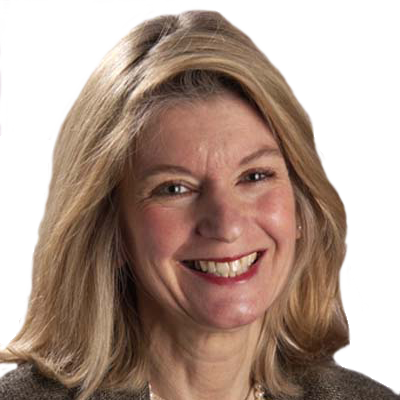 Terry Taylor
Terry Taylor
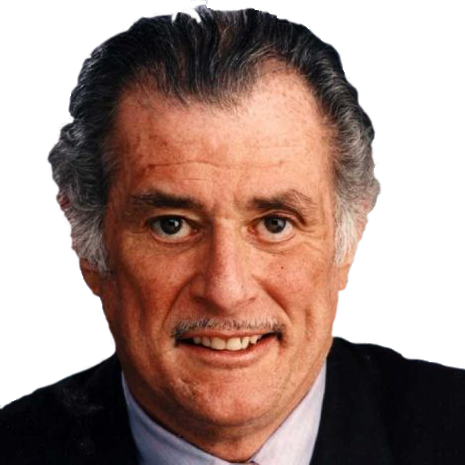 Frank Deford
Frank Deford
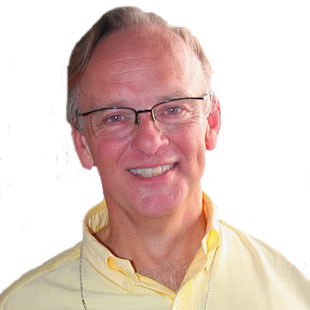 Tom Boswell
Tom Boswell
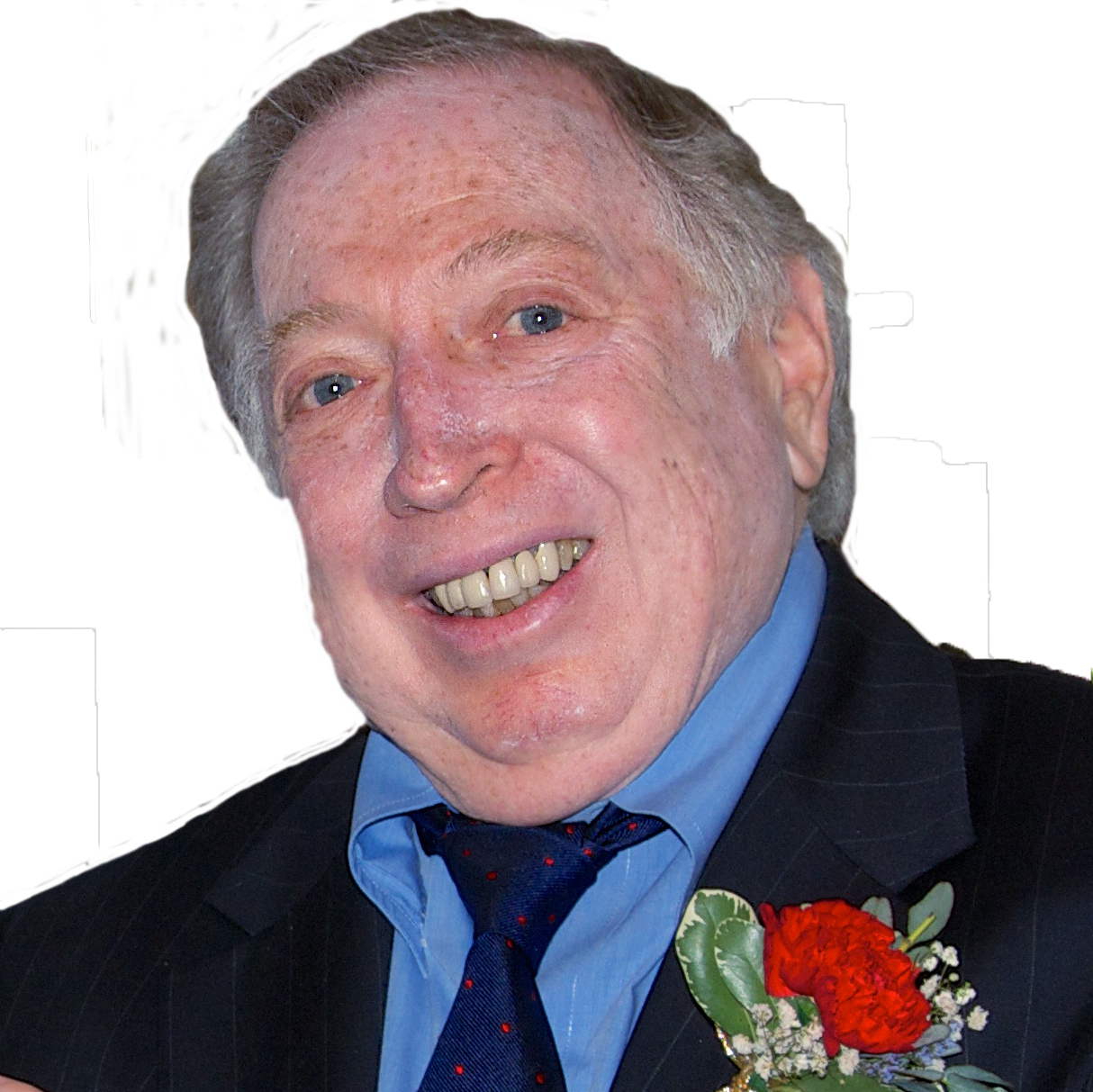 Neil Leifer
Neil Leifer
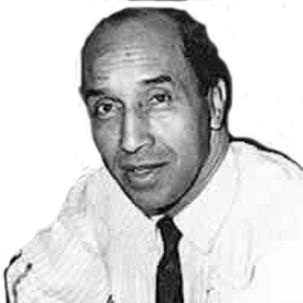 Sam Lacy
Sam Lacy
 Jane Leavy
Jane Leavy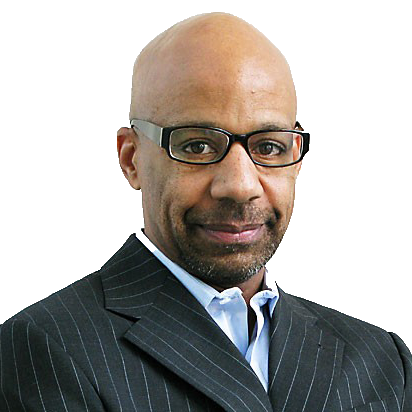 Kevin Blackistone
Kevin Blackistone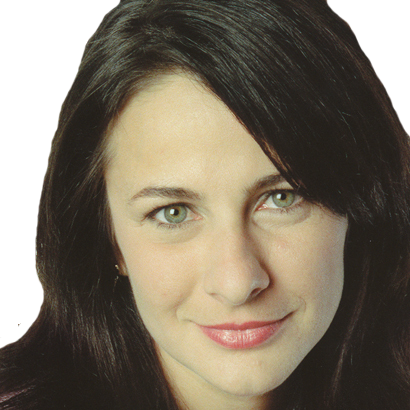 Juliet Macur
Juliet Macur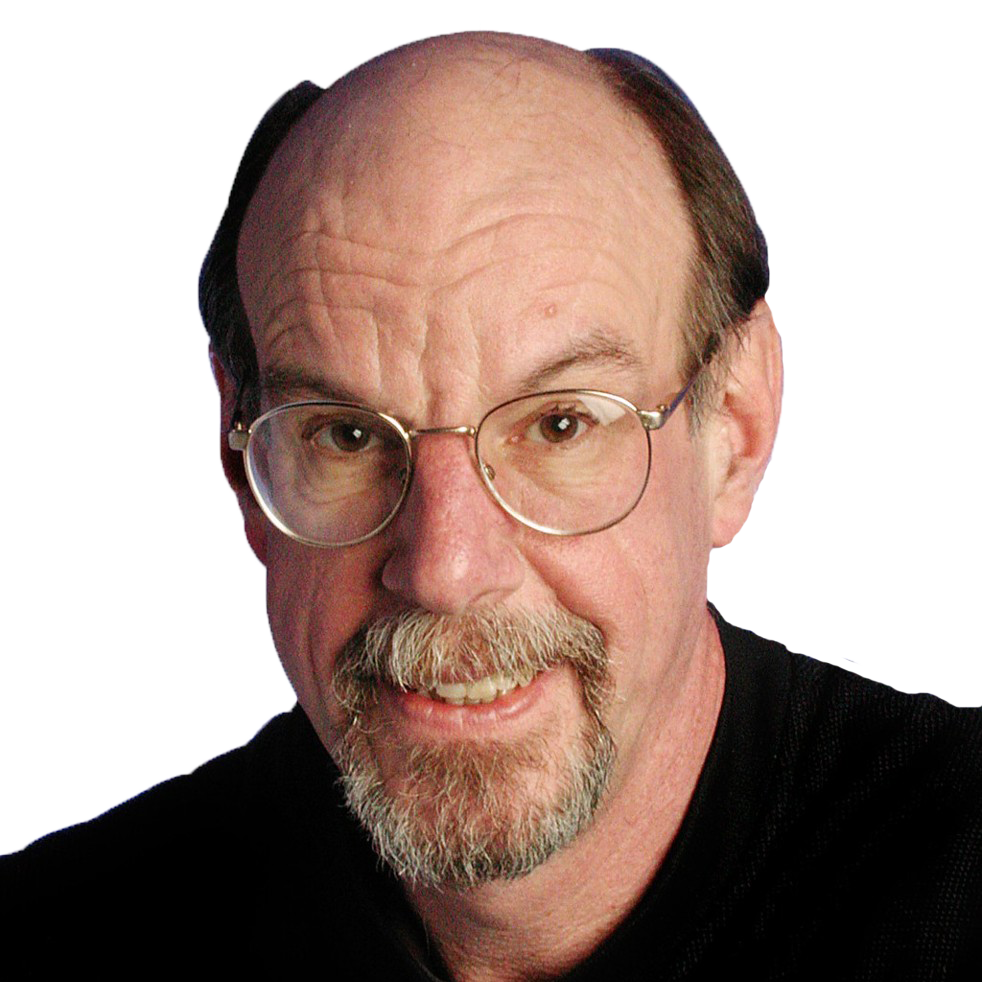 Andrew Beyer
Andrew Beyer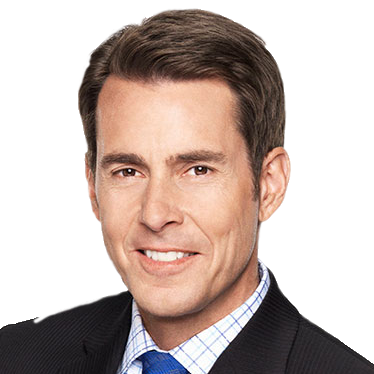 Tom Verducci
Tom Verducci Hubert Mizell
Hubert Mizell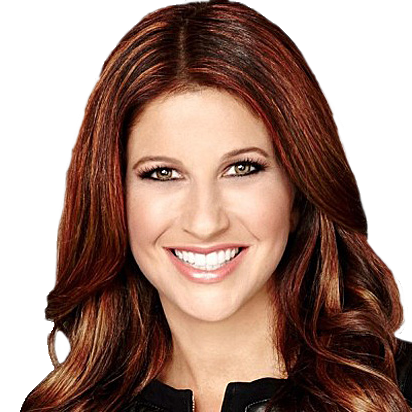 Rachel Nichols
Rachel Nichols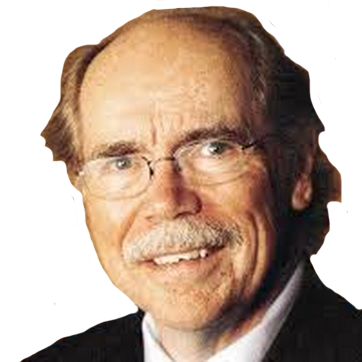 Dave Kindred
Dave Kindred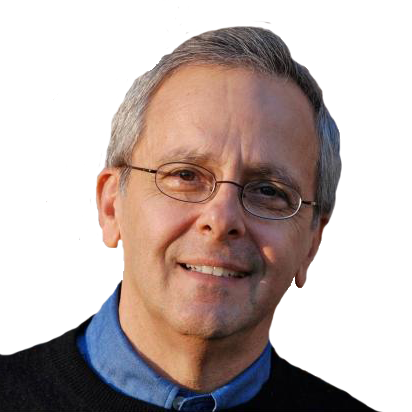 Mike Lupica
Mike Lupica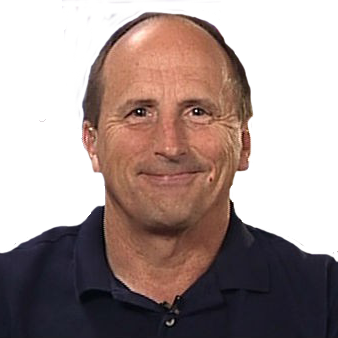 Richard Justice
Richard Justice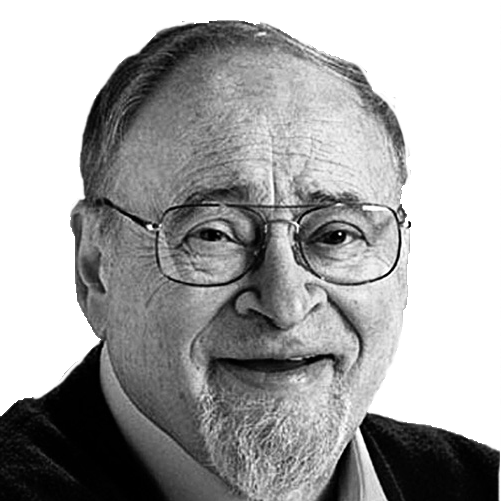 Jerry Izenberg
Jerry Izenberg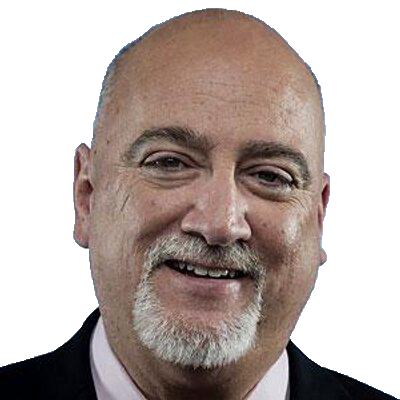 Bill Plaschke
Bill Plaschke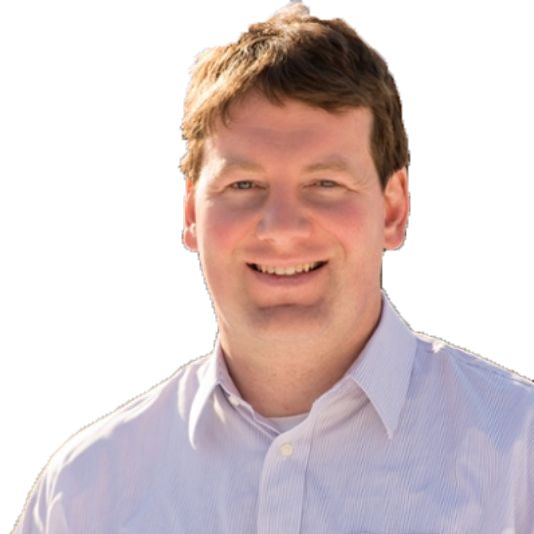 Kevin Van Valkenburg
Kevin Van Valkenburg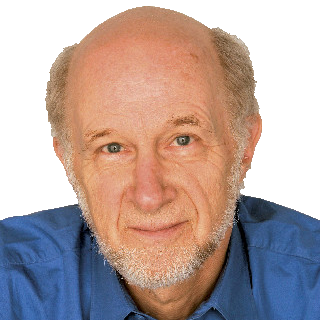 George Vecsey
George Vecsey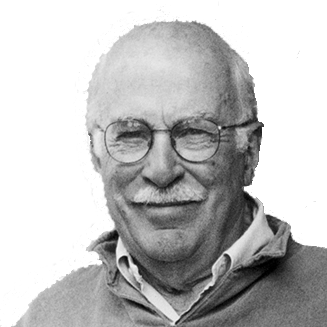 Roger Angell
Roger Angell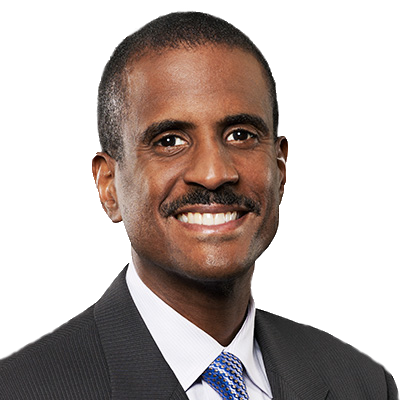 David Aldridge
David Aldridge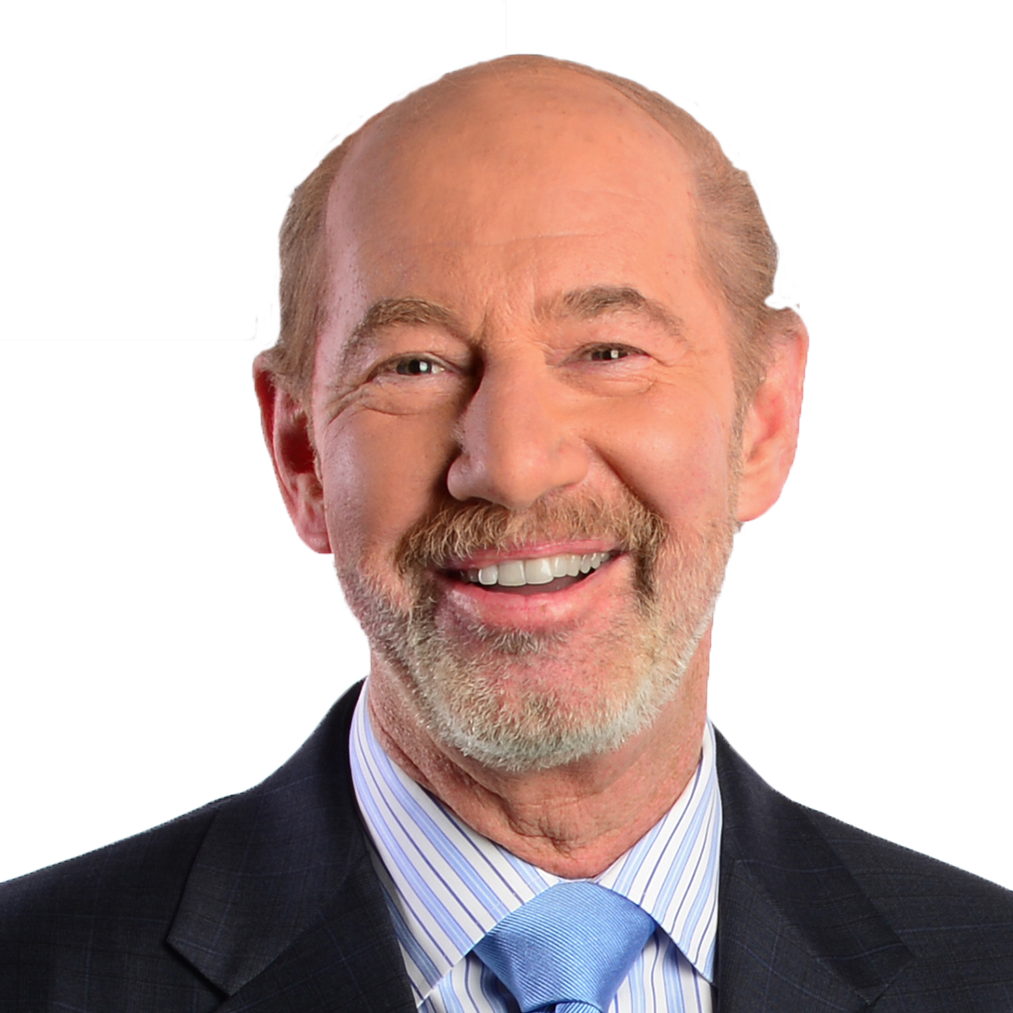 Tony Kornheiser
Tony Kornheiser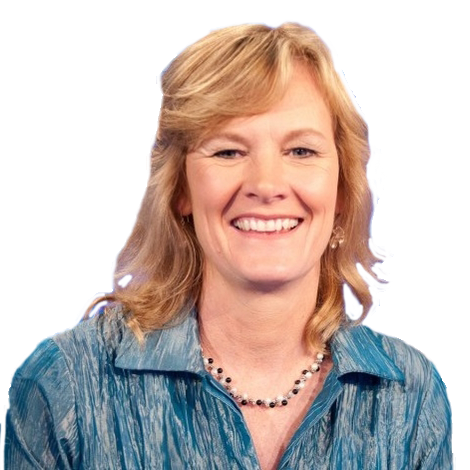 Jackie MacMullan
Jackie MacMullan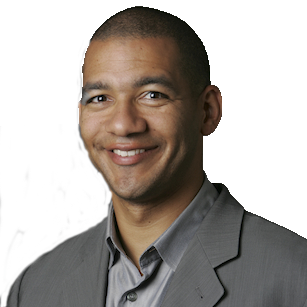 J.A. Adande
J.A. Adande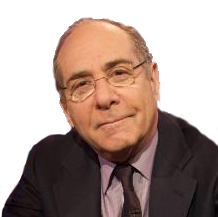 Robert Lipsyte
Robert Lipsyte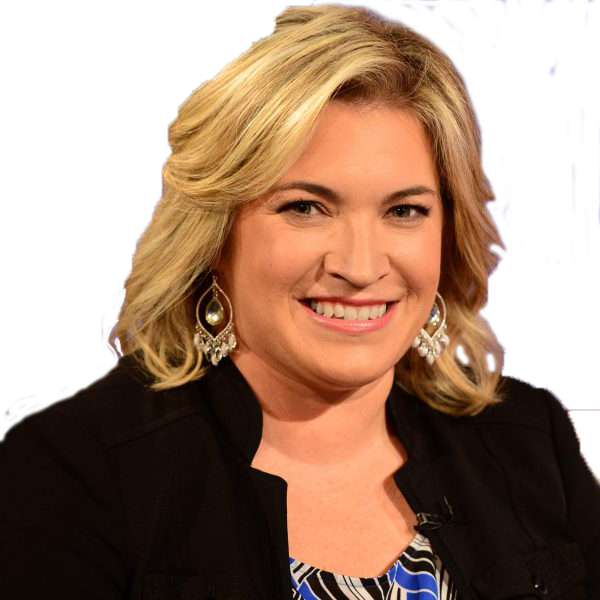 Ramona Shelburne
Ramona Shelburne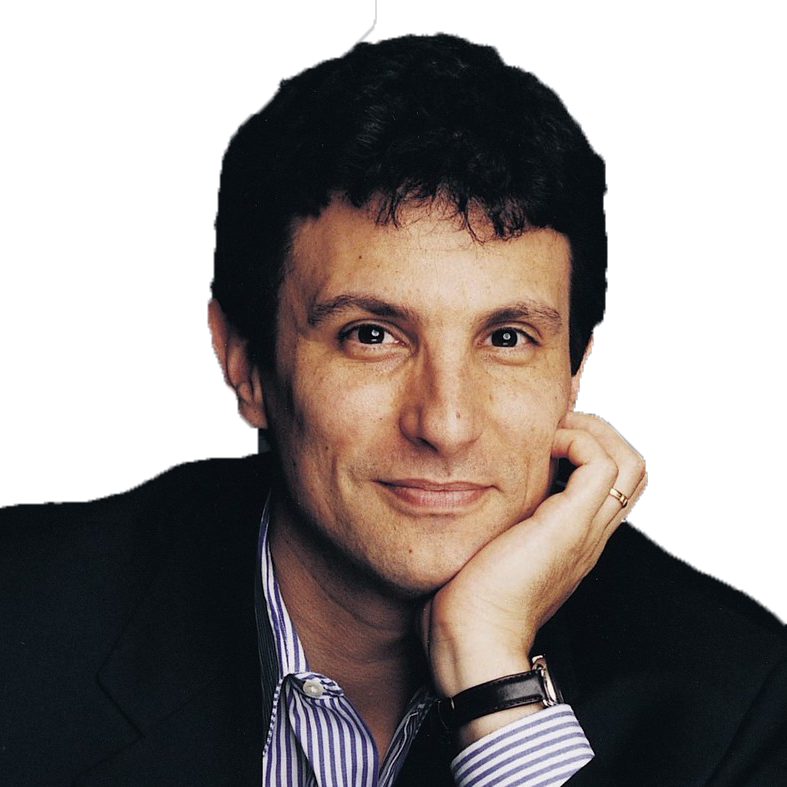 David Remnick
David Remnick Bryan Curtis
Bryan Curtis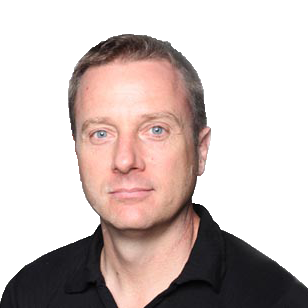 Chuck Culpepper
Chuck Culpepper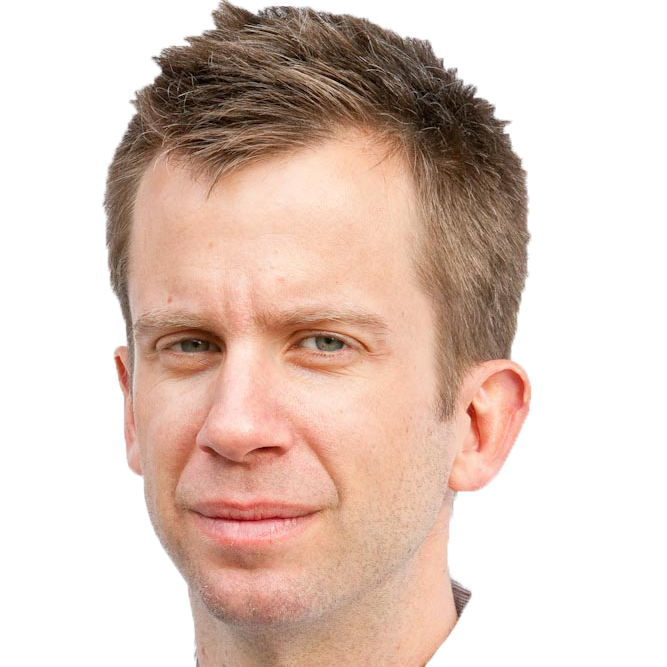 Jason Gay
Jason Gay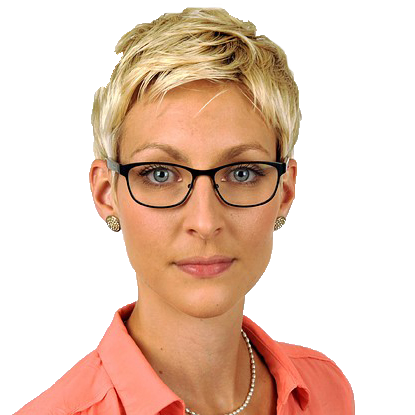 Heidi Blake
Heidi Blake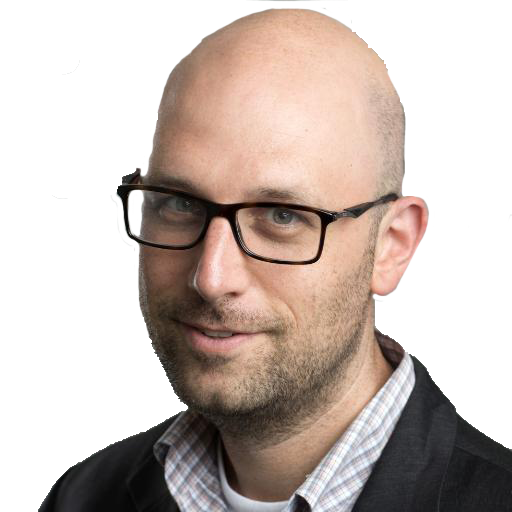 Dan Steinberg
Dan Steinberg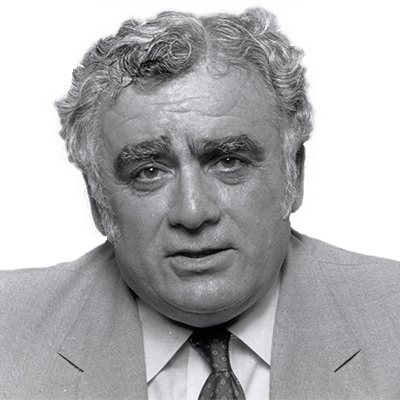 Jerome Holtzman
Jerome Holtzman Barry Svrluga
Barry Svrluga
